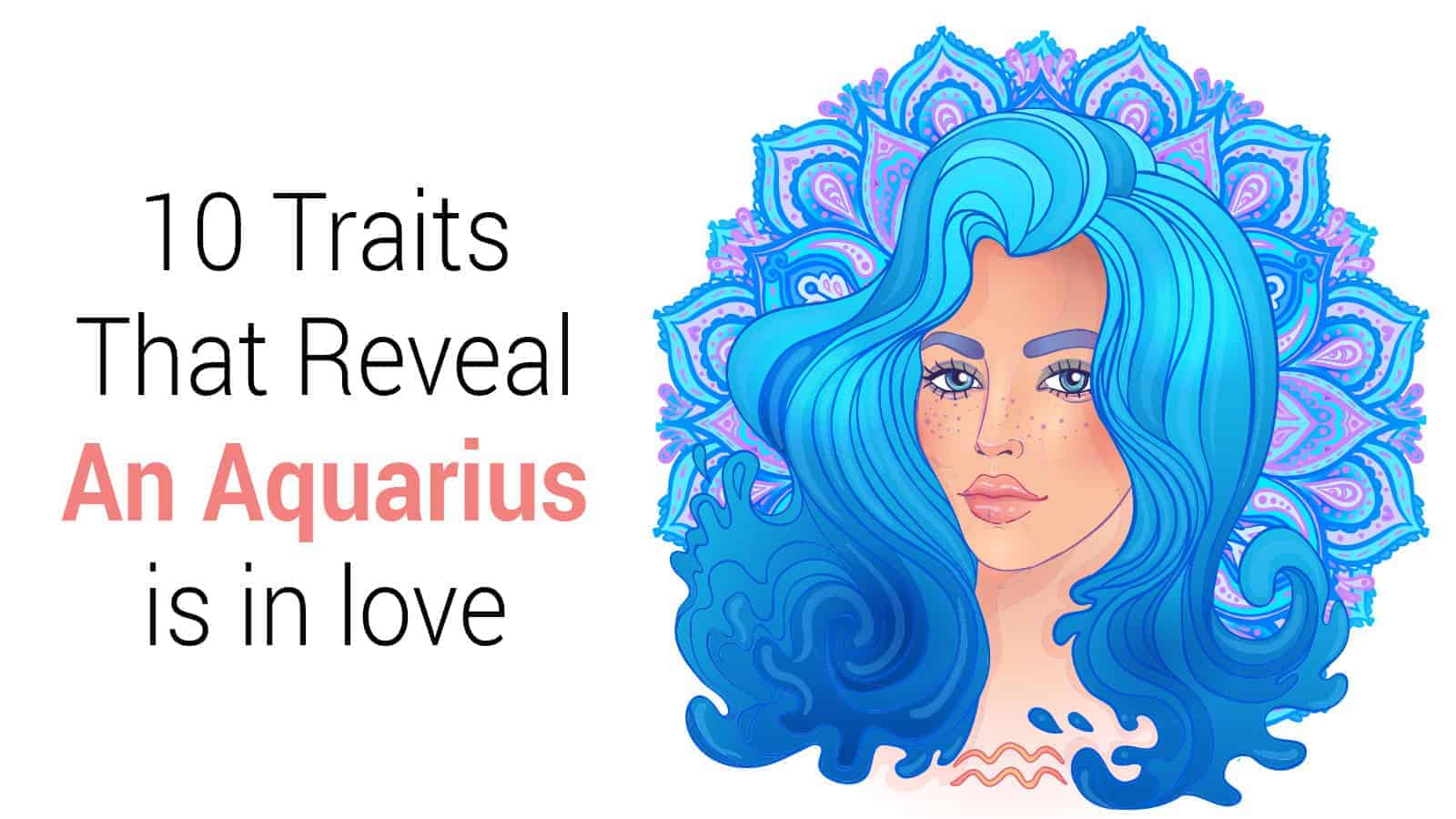The brain is our most vital organ. It’s what makes us, well, us. While the debate of “brain vs. mind” is justifiable and even necessary, one thing is for certain. Damage this most vital organ to a certain point and we vanish. Figuratively if not literally.
In this article, we’re going to talk about five habits that can damage the brain. We’ll also give a short primer on its structure and function. To cap things off, we’ll discuss lifelong habits that promote brain health.
Let’s do this!
The Mysterious, Magnificent Brain
“The human brain has 100 billion neurons, each neuron connected to 10 thousand other neurons. Sitting on your shoulders is the most complicated object in the known universe.” ~ Michio Kaku, theoretical physicist (source)
On the surface, there is nothing exceptional about our brain. If you could take the organ out of your head and look at it, what would you see? Nothing pretty. A three-pound mass of what appears to be folds of some grey matter covered in fat.
But it isn’t what’s on the surface that makes this organ remarkable – it’s what lies underneath. Namely, the 100 billion nerve cells, or neurons, that are constantly firing across the brain. Watch a video of a functional magnetic resonance image (fMRI) in real-time, and you’ll see what appears to be a massive, unremitting lightning storm.
Each of our brain’s 100 billion neurons is exceptionally complex. Structurally, the neuron consists of dendrites, soma (or cell body), axon (“tail”) and terminal branches. Called the “basic” unit of the brain, these innumerable, specialized cells communicate with cells across the brain and body. Neurons are solely responsible for the continuous function of our body.
When asked how close we were to understanding the human brain, Christof Koch, Ph.D., scoffs before replying as follows:
“We don’t even understand the brain of a worm.”
To put this gulf of knowledge about the brain into some perspective, the typical worm – a roundworm – contains 302 neurons and some 7,000 connections. Per the Allen Institute for Brain Science, “…we still don’t understand how [the neurons] all work synergistically to give rise to the worm’s behaviors.”
Looks like we’ve got a ways to go.
The Dangers of Brain Damage
Why did we include a section discussing the sheer majesty of the brain? Simply to emphasize just how remarkable of an organ it is – and how critical it is to take care of it. Which leads, naturally, to the real dangers of brain damage.
In the U.S. alone, there are over 2.6 million reported cases of brain injury. Most instances of brain injury occur from serious events like stroke, trauma, or tumor growth. Per the Brain Injury Association of America, 52,000 people die as a result of brain injury every year. More than 5 million Americans require daily assistance due to injury.
Two Kinds of Brain Damage
There are two primary classifications of post-birth brain damage: traumatic brain injury (TBI) and acquired brain injury (ABI).
TBI is the result of an external force that damages the skull. In turn, this skull damage inflicts brain injury. ABI is brain damage that transpires on the cellular level. Catalysts of ABI include most forms of non-impact neurological illness, including a brain tumor and stroke.
Symptoms of brain damage vary. Symptom severity is dependent upon the type of brain injury. Temporary brain injury (not to be confused with TBI) often leads to short term symptoms. Temporary brain injury symptoms include confusion, headaches, memory problems, and nausea.
Severe brain damage leads to disability or death. Symptoms of severe brain damage may include blurred vision, difficulty hearing or speaking, hemorrhage, and loss of consciousness. Cognitive, behavioral, and physical disabilities often result. Many who survive severe cases of brain damage may enter and remain in a comatose (nonresponsive) state.
While not every instance of damage is preventable, many are indeed avoidable. To start with always wear a helmet and protective headgear when playing sports. Reduce your risk of stroke by eating right and losing excess weight. Simple preventative measures can make all of the difference.
Now that we’ve covered the most overt type of brain damage, let’s discuss the more subtle habits that can inflict serious harm.
5 Habits that Damage the Brain
“Smoking is hateful to the nose, harmful to the brain, and dangerous to the lungs.” ~ King James I (1566-1625)
For someone who lived over four centuries ago, King James I showed remarkable insight into the nasty health effects of smoking. The great king probably could have never predicted that people would continue to ignore the noxious health effects of lighting up. And despite the piles of research directly implicating smoking to increased risk of cancer, lung disease heart disease, and stroke.
Oh yeah, and smoking is harmful to this organ as well as others. No big surprise there. Well done, James!
Without further ado, here are five habits that researchers say cause damage.
-
Smoking
Let’s just pick up where we left off. While most of the attention on the effects of smoking go to the heart and lungs, smoking does indeed inflict brain damage. In a 2017 paper published in the journal Drug and Alcohol Dependence, researchers conclude that smoking shrinks multiple areas of the brain.
Among the organ’s regions affected include the cerebellar cortex, corpus callosum, and thalamus. In “higher pack-year” * users, smoking was also linked to shrinkages of the bilateral amygdala, nucleus accumbens, and subcortical areas.
*Pack-years are a measure of lifetime exposure to cigarettes. Consider the following calculation for comparative and illustrative purposes:
Person 1 smokes 10 cigarettes per day for 10 years: ½ pack (10 cigarettes) x 10 years = 5 pack years.
Person 2 smokes 30 cigarettes per day for 25 years: 1 pack (20 cigarettes) x 25 years = 25 pack years.
Because person 2 is a higher pack-year user than person 1, he or she is likely more at risk for smoking-related conditions.
-
Oversleeping
On the social forum Quora, a user by the name of Sachin Singh offers up some (mostly) astute advice against taking long naps.
“During the day, short naps no longer than 20 minutes will leave you feeling energized. Longer naps of roughly half an hour will leave you feeling groggy and sluggish. This feeling comes from entering the deeper stages of sleep that occurs after 30-60 minutes,” writes Singh.
It turns out that Mr. Singh is right – for the most part. Per a study published in the journal Current Opinion in Pulmonary Medicine, 30 minutes – not 20 – appears to be just about right. According to the study’s authors, naps exceeding half an hour are associated with sleep inertia and loss of productivity.
-
Skipping Breakfast
One Vanesh Bhagat warns against the perils of skipping breakfast. “Those who do not eat breakfast will have lower blood sugar levels. After a long night without eating, this can lead to an insufficient supply of nutrients to your brain. If repeated often enough over a lifetime, this can cause brain degeneration.”
Yes and no.
If Mr. Bhagat is implying cognitive deterioration results from skipping breakfast, he is indeed correct. However, physical degeneration of the brain merely from skipping breakfast – assuming otherwise-healthy dietary habits – is probably a reach.
For the sake of agreement, we’ll assume that Bhagat is referring to cognitive function. Indeed, research shows that breakfast sharpens (enables?) cognitive function by supplying vital energy and nutrients. The science clearly shows that a healthy breakfast enhances both working and learning proficiency.
-
Dehydration
A Quora user named Lokesh Kumar offers up his take on not drinking enough water. “Taking less water every day is also very harmful to both our body and of course our brain. It’s better to take 9 to 10 [glasses] of water every day.”
The organ is composed of 73 percent water. It’s not surprising that H2O is essential for its function. It’s unclear as to what exactly Kumar means by purported “very harmful” effects of inadequate water intake on the brain. Of course, inadequate water intake over a long period can most certainly cause at least low-grade damage.
Water helps to deliver vital oxygen and nutrients needed by the organ. Research also shows that H2O helps cushion and lubricate brain tissue.
-
Pollution
A Quora user by the name of Humanshi Chaturvedi offers up some advice concerning brain damage and pollution. “Due to … air pollution … we inhale includes lots of toxic substances [that] harms our lungs and brain. The noise pollution due to traffic jams also leads to damaging the brain…”
In a study published in Proceeding of the National Academy of Sciences (PNAS), Chinese researchers found a direct link between air pollution levels and cognitive decline. However, according to an article in National Geographic, most “researchers aren’t sure exactly how or why.”
On the issue of noise pollution, researchers from the University of Texas at Dallas cite physical alterations to the part of the organ that influences speech processing. The scientists write “Exposure to intensely loud sounds leads to permanent damage” of the ear’s hair cells. Hair cells serve the function of receiving sound waves for interpretation by the brain.
Final Thoughts: The Magic of Neuroplasticity
“Our brains change in response to experience and in response to training. Our brain changes wittingly or unwittingly. Most of the time, our brains are changing unwittingly..”
~ Richard Davidson, Professor of Psychology and Psychiatry at the University of Wisconsin-Madison (source)
Simply by cultivating healthy habits of mind, we can change our brain for the better. That’s because, contrary to popular belief, the brain is plastic.
Okay, so it’s not literally plastic; but it is moldable. This concept is known as neuroplasticity. The definition of neuroplasticity is “the ability of the brain to form and reorganize synaptic connections, especially in response to learning or experience or following injury.” (Emphasis added.)
For years, many people believed – and some still do – that intelligence and other cognitive abilities are fixed. That is, unchangeable. Fortunately, neuroscientific research has obliterated this false notion.
















